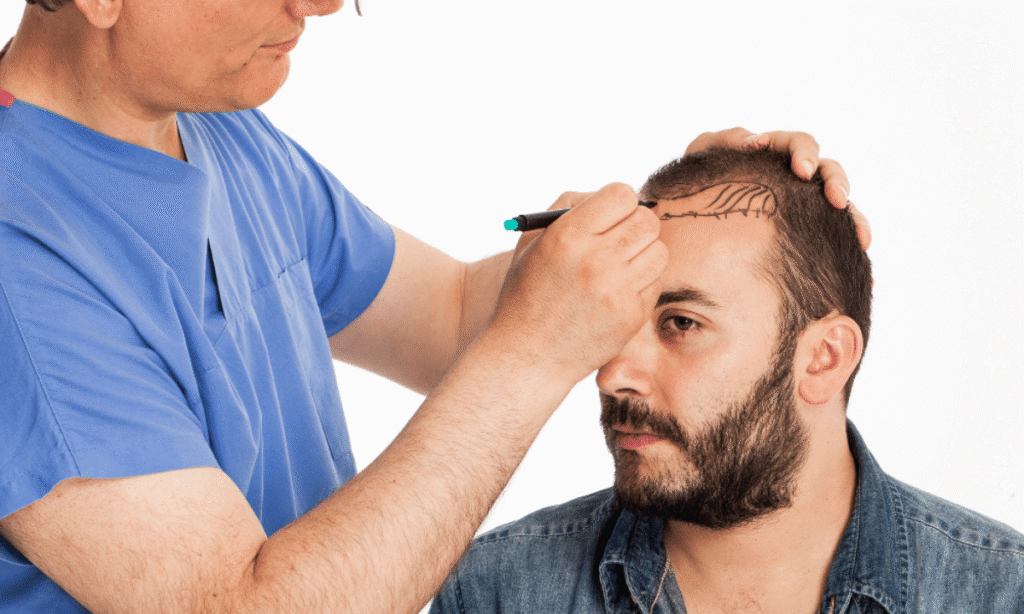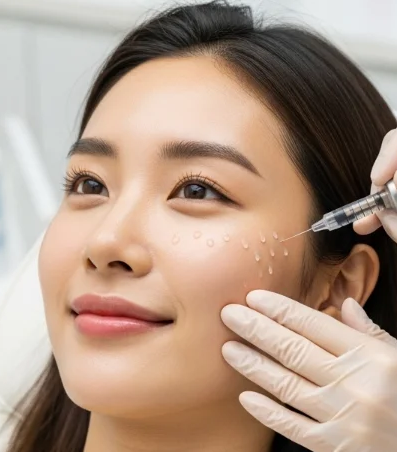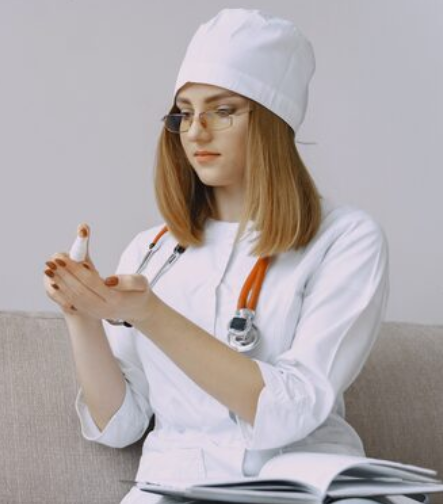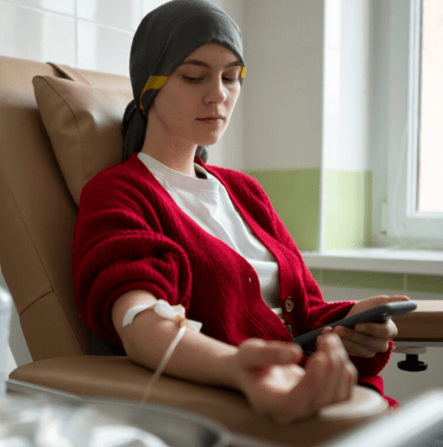Korea is globally recognized for its advanced hairline correction surgeries and medical tourism infrastructure. To cater to the unique needs of international patients, Korean clinics and related organizations provide comprehensive support systems that cover every stage—from pre-travel planning to post-operative care and beyond. These resources are designed to help medical tourists feel safe, informed, and supported throughout their journey.
1. Medical Support Systems
a. Multilingual Medical Staff and Patient Coordinators
- Korean clinics employ bilingual or multilingual doctors, nurses, and coordinators fluent in English, Chinese, Japanese, Russian, Arabic, and more.
- Patient coordinators serve as dedicated points of contact, helping with scheduling consultations, explaining procedures, and translating medical information.
b. Personalized Consultation and Treatment Plans
- Clinics offer detailed virtual or in-person consultations before arrival to tailor treatment plans according to the patient’s medical history and hairline goals.
- Access to second opinions and revision surgeries if needed.
c. Advanced Surgical Techniques and Technologies
- State-of-the-art facilities equipped with modern hair transplant and hairline correction technologies, ensuring high safety and success rates.
- Clinics adhere to strict Korean medical regulations and quality standards.
2. Emotional and Psychological Support
a. Pre- and Post-Operative Counseling
- Some Korean clinics offer psychological counseling to prepare patients for surgery and manage emotional expectations.
- Post-op support focuses on coping strategies during recovery, stress management, and confidence building.
b. Support Groups and Online Communities
- Patients can join online forums or social media groups moderated or recommended by Korean clinics where they can share experiences and advice.
- Virtual meetups provide peer support and reduce feelings of isolation during recovery.
3. Logistical and Practical Support
a. Medical Tourism Agencies and Concierge Services
- Numerous Korean medical tourism agencies specialize in assisting international patients with travel arrangements, accommodation booking, and local transportation.
- Concierge services coordinate airport pickups, clinic visits, hotel stays, and leisure activities tailored to recovery needs.
b. Accommodation with Medical Facilities Nearby
- Clinics often partner with nearby hotels or guesthouses offering special rates for patients and proximity to medical centers.
- Some accommodations provide recovery-friendly amenities such as quiet rooms, dietary options, and wheelchair accessibility.
c. Visa and Travel Assistance
- Medical tourism agencies and some clinics help patients navigate Korea’s visa requirements for medical purposes.
- Support with paperwork for medical visas or short-term stays.
4. Financial and Insurance Resources
a. Transparent Pricing and Payment Plans
- Clinics provide clear, upfront pricing for hairline correction surgery and associated services.
- Some offer installment payment plans or package deals for surgery plus accommodation and follow-ups.
b. Medical Insurance Support
- Although hairline correction is often elective, some clinics assist patients in understanding whether their insurance covers part of the procedure or related complications.
- Guidance on international insurance policies or travel insurance options.
5. Cultural and Language Resources
a. Language Interpretation Services
- Professional interpreters are available onsite or via phone/video to bridge language barriers.
- Clinics provide translated consent forms, educational materials, and post-op instructions.
b. Cultural Sensitivity Training for Staff
- Korean medical staff are trained to respect diverse cultural backgrounds, customs, and privacy concerns.
- Personalized care that considers cultural preferences around modesty, gender, and communication styles.
6. Technology and Telemedicine
a. Virtual Consultations and Follow-Ups
- Many Korean clinics offer telemedicine services enabling patients to consult doctors before and after travel.
- Remote monitoring of healing progress through video calls and digital photo submissions.
b. Mobile Apps and Patient Portals
- Some clinics provide apps or online portals where patients can access medical records, appointment schedules, and direct messaging with their care team.
7. Emergency and Safety Resources
a. 24/7 Patient Support Hotlines
- Clinics maintain hotlines for urgent questions or concerns, ensuring patients can get help anytime during their stay or recovery period.
b. Partnerships with Local Hospitals
- In case of complications, clinics collaborate with nearby hospitals to provide immediate care or emergency treatment.
8. Community and Social Support Networks
a. Patient Ambassadors and Mentorship Programs
- Some Korean clinics connect prospective medical tourists with former patients who share firsthand experiences and advice.
b. Cultural Exchange and Leisure Activities
- Medical tourism packages often include cultural tours or relaxation activities that promote mental well-being during recovery.
✅ Summary: Comprehensive Support Systems for Medical Tourists in Korea
| Support Area | Key Resources & Services |
|---|---|
| Medical | Multilingual staff, tailored treatment plans, cutting-edge technology |
| Emotional | Counseling, support groups, patient mentorship |
| Logistical | Concierge services, accommodation, visa help |
| Financial | Transparent pricing, insurance guidance |
| Cultural/Language | Interpretation, culturally sensitive care |
| Technology | Telemedicine, patient portals |
| Safety | 24/7 hotlines, hospital partnerships |
| Community | Patient ambassadors, cultural activities |




